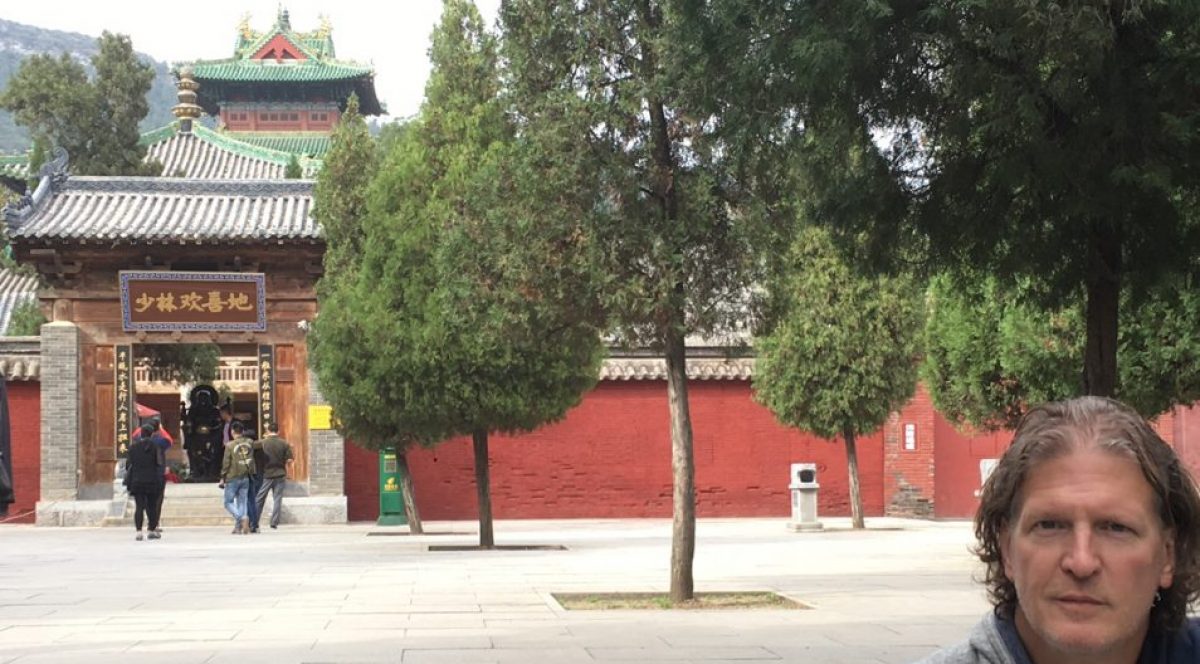Human beings are an intrinsic part of nature, yet we often forget this fundamental truth. Throughout history, humans have distanced themselves from nature, creating civilizations, technologies, and systems that seem to place us above the natural world. We build cities, harness the power of nature, and manipulate ecosystems, which can foster the illusion that we have transcended the forces that govern all living things. However, despite these achievements, we remain deeply connected to the natural world in ways that are both profound and inescapable.
Physically, we are made of the same elements that make up the earth, the stars, and every living creature. Our bodies rely on the natural cycles of air, water, and food—without which we cannot survive. The laws of biology, chemistry, and physics apply to us just as much as they do to the plants, animals, and microorganisms that share the planet with us. Though we may feel separate, we breathe the same air, drink the same water, and live within the same web of life.
Psychologically and spiritually, too, humans are connected to nature. Studies have shown that spending time in natural environments can reduce stress, enhance creativity, and improve well-being. This suggests that, deep down, we are attuned to the rhythms and beauty of the natural world. Our myths, stories, and spiritual traditions often reflect this connection, portraying nature as a source of wisdom, balance, and sustenance.
Yet, in our pursuit of control and mastery over nature, we often act as if we are above it, immune to the consequences of exploiting the earth’s resources. Deforestation, climate change, and the extinction of species all reveal the limits of our separation. The reality is that we are subject to the same ecological laws as every other species—when we damage the environment, we ultimately harm ourselves.
Man is not above nature; we are nature. The more we remember this, the better we can live in harmony with the world around us, recognizing that our survival and prosperity are bound up with the health of the planet. In recognizing this truth, we can foster a more sustainable, respectful, and interconnected way of living—one that honors our place within the larger tapestry of life.
